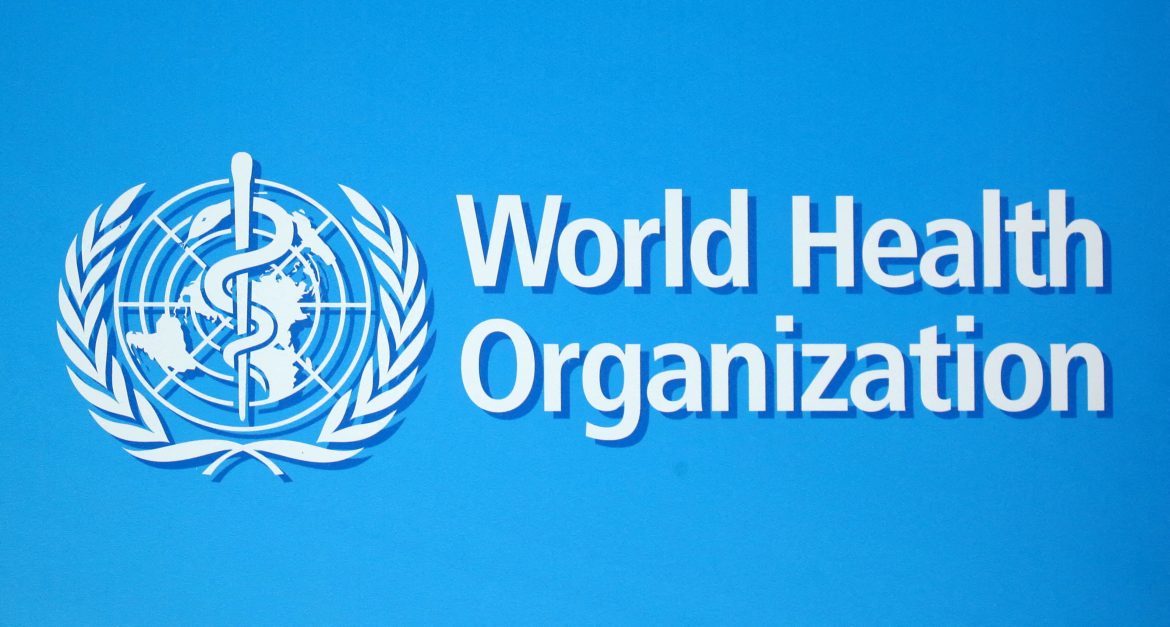By Muhammad Amaan
The World Health Organisation (WHO) and global partners have urged world leaders to prioritise public health as the most powerful driver of climate action, warning of worsening global health consequences.
A new global report released Wednesday warned that continued reliance on fossil fuels and inadequate adaptation measures are already inflicting devastating damage on human health, economies, and ecosystems worldwide.
The 2025 Lancet Countdown on Health and Climate Change, produced in collaboration with WHO, revealed that twelve of twenty key indicators of health threats have reached record levels linked to climate inaction.
The report showed that climate inaction was costing lives, straining healthcare systems, and undermining economies, highlighting that environmental degradation and rising temperatures are escalating preventable diseases and premature deaths globally.
Dr Jeremy Farrar, WHO’s Assistant Director-General for Health Promotion, said the climate crisis was fundamentally a health crisis, stressing that every fraction of global warming directly endangered lives and livelihoods.
He noted that climate inaction was already killing people in all countries but emphasised that decisive climate action offered vast health opportunities through cleaner air, healthier diets, and resilient healthcare systems.
“Key findings show heat-related mortality has risen by 23 per cent since the 1990s, with 546,000 annual deaths, while the average person endured sixteen days of dangerous heat in 2024.
“Heatwaves and droughts have worsened food insecurity, affecting 124 million people in 2023, while heat exposure cost 640 billion labour hours in 2024, equating to productivity losses worth $1.09 trillion.
“Governments spent $956 billion subsidising fossil fuels in 2023, triple the amount pledged for climate-vulnerable nations, while fifteen countries allocated more to fossil fuel subsidies than national health budgets.
“However, the report noted progress: renewable energy reached 12 per cent of global electricity generation, supporting 16 million jobs and preventing 160,000 premature deaths annually from reduced coal pollution between 2010 and 2022.”
Dr Marina Romanello, Executive Director of the Lancet Countdown at University College London, said existing solutions could prevent climate catastrophe, with cities and communities already achieving meaningful health and environmental gains.
She emphasised that rapidly phasing out fossil fuels in favour of renewable energy and sustainable food systems could save more than ten million lives annually while drastically reducing pollution and deforestation.
Dr Romanello said that in spite of slower government commitments, cities and health systems were taking the lead, with nearly all reporting cities completing or planning climate risk assessments to safeguard public health.
She added that cleaner energy transitions were generating healthier jobs, economic growth, and investment, while global health-related greenhouse gas emissions fell 16 per cent between 2021 and 2022, improving care quality.
She said WHO data showed that 58 per cent of member states had completed Health Vulnerability and Adaptation Assessments, while 60 per cent finalised Health National Adaptation Plans to prepare for future climate risks.
As the world heads toward COP30 in Belém, Brazil, Romanello said the 2025 Lancet Countdown findings offered critical evidence for accelerating health-centred climate action and advancing the forthcoming Belém Action Plan.
The Lancet Countdown, established in partnership with Wellcome and led by University College London with WHO and 71 global institutions, remains the most comprehensive assessment of health impacts from climate change.




